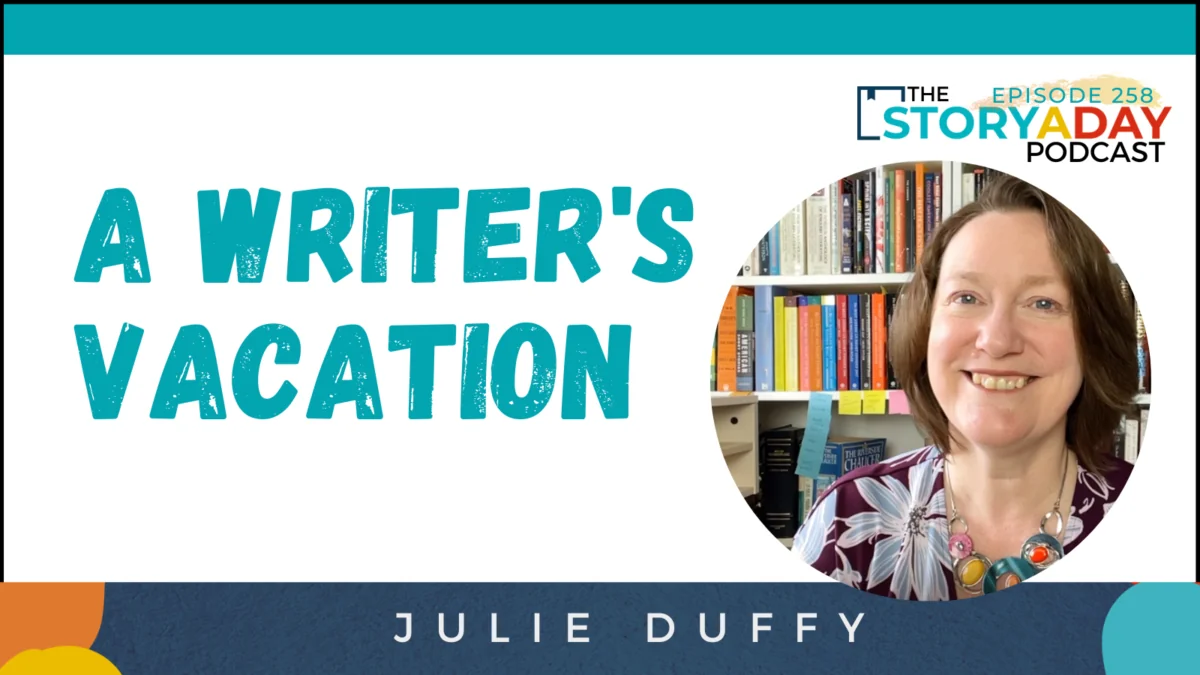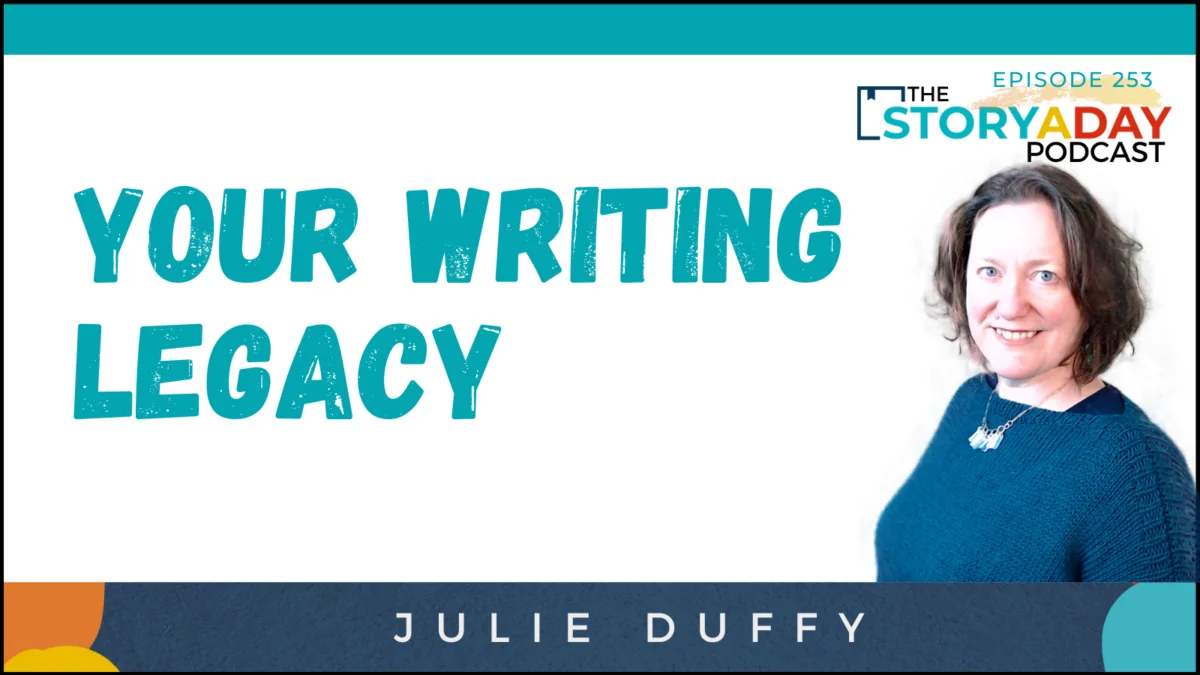Today I want to give you an overview of something that I find useful when figuring out where to start and stop a story and how to keep it on track.
It’s called the MICE Quotient and I learned about it from Mary Robinette Kowal, though it was invented by Orson Scott Card.
The letters stand for:
M – Milieu
I – Intrigue/Idea
C – Character
E – Event
Each letter tells you what type of story you’re telling.
Milieu story
This is largely a story about place. Usually your character arrives in a new place at the start, and most of their struggle is about them neogitating that place, learning about it, trying to escape it. The story ends when they leave that place or they fit it.
EXAMPLES: The Hobbit, Lord of the Rings, Ever After.
Intrigue/Idea Story
A question is posed at the beginning of the story. The story ends when the mystery is solved or the question is satisfactorily answered.
EXAMPLES: Sherlock Holmes, Arrival/The Story Of Your Life
Character Story
A character starts off with an internal conflict and, by the end of the story they have changed it, or rejected the idea of change, or at least understood where the problem lies.
EXAMPLES: Die Hard (Seriously, John McClane has issues at the start of that movie!), The King’s Speech.
Event Story
External forces change the world at the start and drive the struggle in the middle of the story. At the end of the story the status quo has been restored or a new normal has been established.
EXAMPLES: The Hunger Games, The Parent Trap, disaster movies!
The Prompt
Pick a dominant thread for your story today, based on the MICE categories. Work towards the ending that fits the story type you chose.
I was introduced to this idea by Mary Robinette Kowal, who talks about it on the Writing Excuses podcast. She also made this excellent infographic, to help keep things straight.
Me? I give a workshop about this and how the first three Die Hard movies fit into different categories. Tell your favorite conference organizer to book me now!





 Today’s bonus prompt comes from Elise Holland, writer and editor of the 2Elizabeths online literary magazine
Today’s bonus prompt comes from Elise Holland, writer and editor of the 2Elizabeths online literary magazine